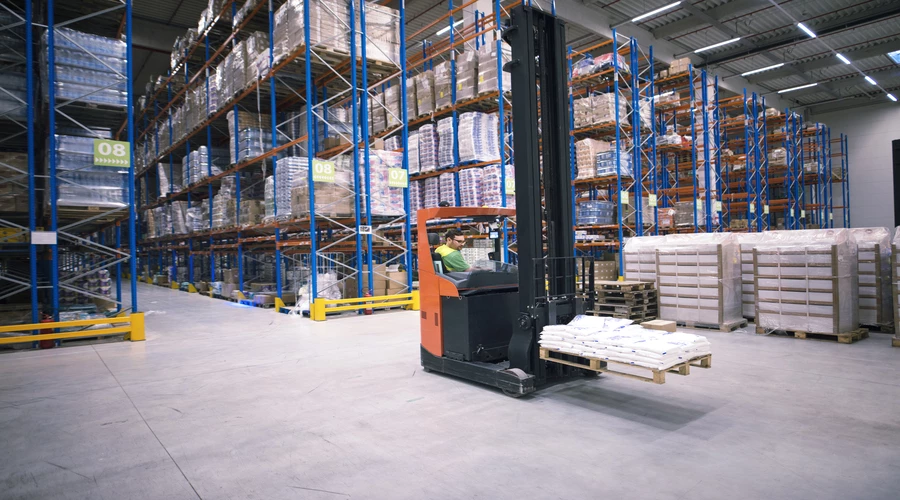
For more than a decade, many individuals have invested in warehouses which is a high fixed cost requiring resources to build, maintain, and manage the infrastructure, or where the entire space, labor, equipment, etc. are handed over to third-party providers for a fixed period. These are the traditional supply chain method to fulfill the specific requirements of the business. These have been effective and efficient enough for many businesses in the past.
But in today’s business world, It is not a sustainable model and uses in a successful way to meet the requirements of modern enterprises. That traditional model is no longer an efficient one for the supply chain. They must be adaptable, flexible, and supported by advanced technologies.
Modern business requirements have created the need for flexible warehousing.
Flexible Warehousing is a model of a storage setup that changes and adapts itself to business fluctuations and seasonal demands. It mainly facilitates continuous technological improvements and investment in AI, and the development of lean, precise, and agile supply chain processes.
Flexible warehousing is rapidly evolving as an effective solution to many of the challenges facing the country's warehousing industry, which involves high labor and maintenance costs, low availability of prime land sites, increased last-mile delivery growth, and, most importantly - the rapid expansion of e-commerce.
Cost-effectiveness:
With a convenient warehouse, companies pay only for the space they use and share resources with others. This means they can quickly reduce their warehouse costs and increase their supply chain capabilities and productivity which leads to a boost the profits.
Increase in Flexibility:
The favorable nature and feature of flexible warehousing allow companies to cope with unpredictable demand during seasonal changes and business fluctuations by providing additional space when volume increases and low cost with less space during low sales periods.
Efficient Inventory Management:
Flexible warehousing encourages companies to adjust their inventory according to customer demands and fluctuations in the business cycle while promoting efficient inventory management.
Quick and effective in time to market:
Increasing consumer demand for the same or next-day delivery of products has affected many companies' supply chains. A large number of convenient warehousing facilities are now being selected that can handle products carefully and facilitate quick shipment.
Scalability:
Flexible warehousing allows companies to scale up in proportion to demand instead of spending large sums on a fixed basis. This will pave the way for the optimization and development of their resources.
Conclusion:
There are various flexible warehousing providers with unique offerings. But it is crucial to choose and partner with a proper trustable provider.
If you are looking for one, then visit 13SQFT.com, the one that you can rely on. They provide multiple best flexible warehousing providers who can provide a well-trained dedicated workforce to handle a variety of products carefully. They are more productive and efficient in management by utilizing automation.
POSTED BY
Team 13SQFT